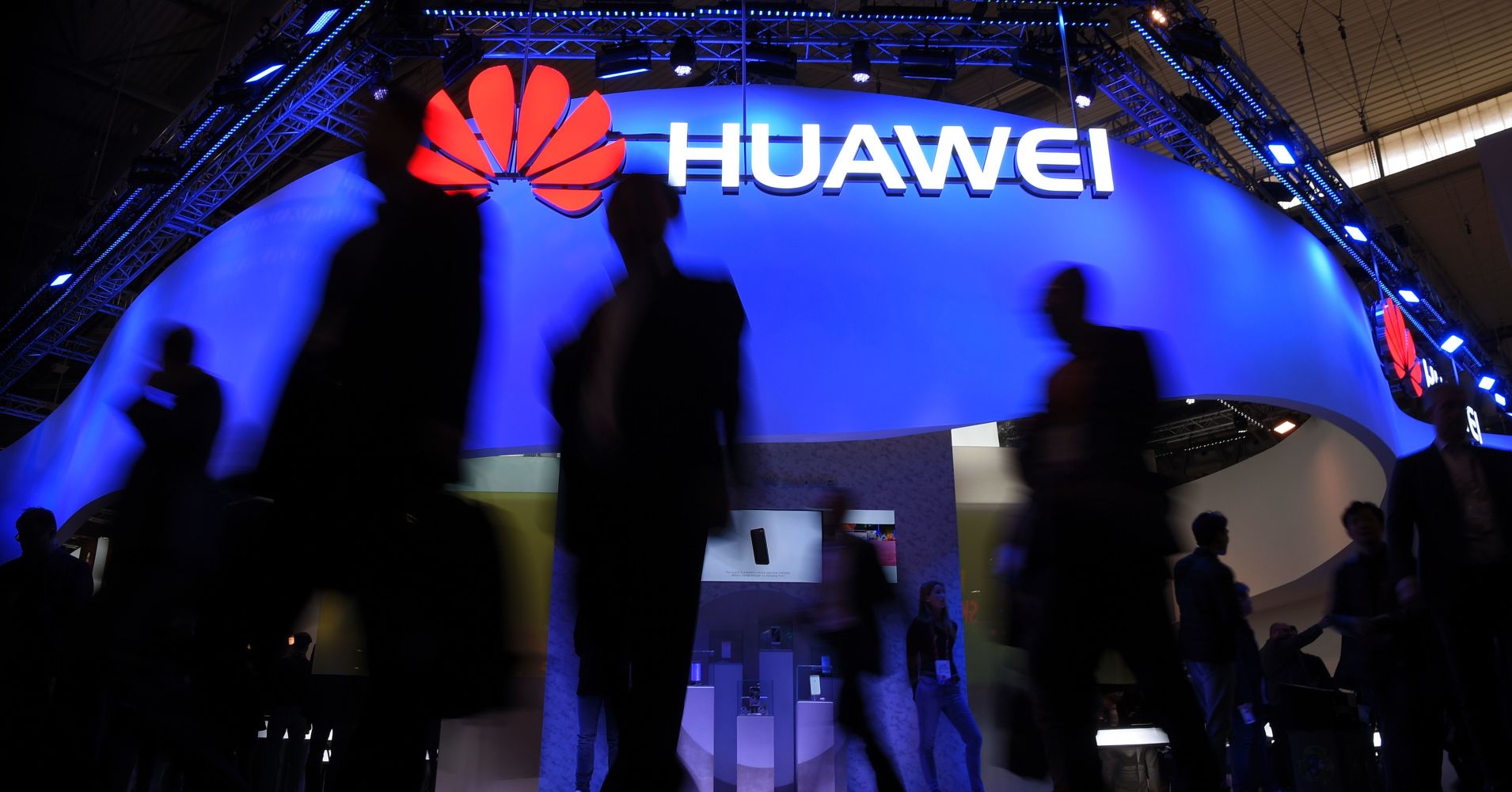Media Report

- Reuters reports, "Members of the U.S. Senate and House of Representatives introduced bills on Tuesday to keep tight restrictions on Huawei Technologies Co Ltd, amid concern about President Donald Trump's easing of curbs on the Chinese firm. The legislation would among other things bar the removal of the massive telecommunications equipment firm from a Commerce Department trade blacklist without House and Senate approval, and let Congress disallow waivers granted to U.S. companies doing business with the company. The United States has accused Huawei of stealing American intellectual property and violating Iran sanctions. The Republicans and Democrats backing the measures said they viewed the company as a security threat. 'American companies shouldn't be in the business of selling our enemies the tools they'll use to spy on Americans,' Republican Senator Tom Cotton, one of the sponsors, said in a statement."
- The Wall Street Journal reports, "New data showing the toll trade tensions are taking on China's economy are merely a symptom of a more serious malaise: The country's state-led growth model is running out of gas. A recession or crisis may not be imminent, but the long-run implications are just as serious. Absent a change in direction, China may never become rich. The economy's growth slowed to 6.2% in the second quarter, a near-three-decade low. That's still pretty good for a middle-income country with per-capita gross domestic product of $14,000 to $18,000 a year, depending on how Chinese data are adjusted for inflation, exchange rates and purchasing power. It's also the fastest among major economies. Yet from a different perspective, it's far less impressive. First, official statistics probably paint too flattering a picture. Per-capita income may be a quarter lower than reported, based on a study of nighttime light co-authored by Yingyao Hu of Johns Hopkins University."
- Reuters reports, "Switzerland has agreed to extradite a Chinese researcher to the United States where prosecutors have charged him with helping his scientist sister steal secrets allegedly worth $550 million from British drugmaker GlaxoSmithKline. Gongda Xue, a 20-year Swiss resident, has been fighting extradition and was labeled a potential flight risk after he was detained by Swiss authorities earlier this year. The Swiss Federal Office of Justice confirmed on Wednesday that the U.S. request for his extradition was approved earlier this month, though Gongda Xue still has until mid-August to appeal to the Swiss Federal Criminal Court to block it. The Basel-area researcher, who worked at Switzerland's Friedrich Miescher Institute for Biomedical Research until 2014, is the brother of Yu 'Joyce' Xue, a Chinese-American scientist who last August pleaded guilty at the U.S. District Court in Pennsylvania to pilfering secrets from a facility of GlaxoSmithKline."
Calendar
- 2019-07-16 Tariffs on China Don’t Cover the Costs of Trump’s Trade War
- 2019-07-15 China posts slowest economic growth in 27 years; Trump touts ‘major effect’ of tariffs
- 2019-07-14 Huawei Plans Extensive Layoffs in the US
- 2019-07-12 China to Sanction U.S. Companies for Arms Sales to Taiwan
- 2019-07-11 Trump team fears new face on China trade team signals tougher stance
- 2019-07-10 Lighthizer, Mnuchin spoke with Chinese Vice Premier Liu He on Tuesday
- 2019-07-09 U.S., China Tentatively Move to Revive Trade Talks
- 2019-07-08 Hong Kong Protesters Take Their Message to Chinese Tourists
- 2019-07-07 That New Consensus on China? It's Wrong
- 2019-07-04 Trump Is Losing His Trade Wars
News
- Reuters Bills targeting China's Huawei introduced in Congress
- The Wall Street Journal China's State-Driven Growth Model Is Running Out of Gas
- Reuters Swiss agree to extradite Chinese scientist to U.S. on theft charges
- Bloomberg Trade War Seen Costing U.S. Pork Producers $1 Billion
- The Wall Street Journal Hong Kong Protests Drag Nike, Other Global Companies Into Upheaval
- CNBC Google has been accused of working with China. Here's what they've been doing there
- Reuters Vietnam, China embroiled in South China Sea standoff
- CNN Australia calls on China to release mother and child held in Xinjiang
- CNBC Foreign purchases of American homes plunge 36% as Chinese buyers flee the market
- The New York Times A Prosperous China Says 'Men Preferred,' and Women Lose
- CNN The backlash is growing against Xi Jinping in China and around the world
- Bloomberg China's Treasury Holdings Extend Drop Amid Trade-War Escalation
- CNN Beijing education reforms aim to help China's over-worked, over-tested students
Commentary
- The Diplomat The Future of China's Amphibious Assault Fleet
- Bloomberg What the U.S.-China Trade War Is Really About
- Forbes Effects of U.S.-China Trade War: 'The Proof's In The Ports'
- The Diplomat How WeChat Conquered Tibet
- The Washington Post I have served in the Air Force and in Congress. People still tell me to 'go back' to China.
- The National Review The Unmade Case against China
